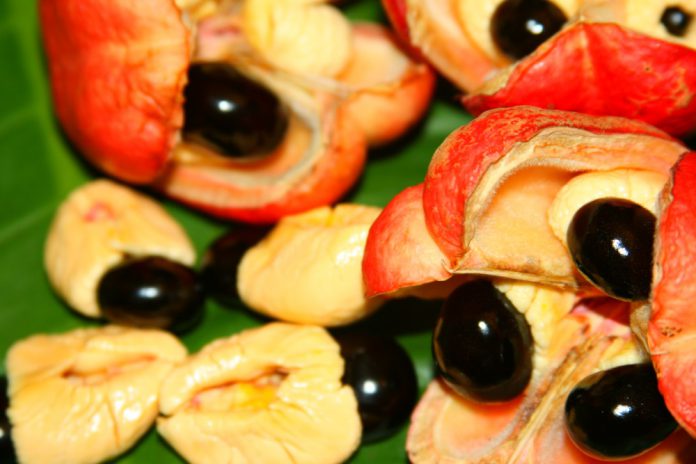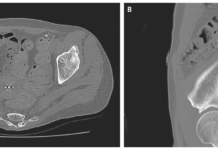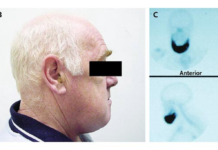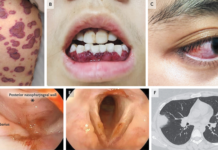Sudden decline in the blood sugar levels and frequent episodes of hypoglycemia with no apparent cause… only change was a recent consumption of small portions of Ackee fruit.
A 95-year-old Jamaican male, a known case of type 2 diabetes mellitus, presented to the outpatient clinic for a routine follow-up. The patient had a long history of diabetes mellitus, which had complicated with stable stage III-IV chronic kidney disease.
His daily medications included:
- Glargine 50 units subcutaneously daily at bedtime.
- Lispro subcutaneously, thrice daily with meals (units of Lispro were based on estimated carbohydrate intake).
His previous reports of HbA1C showed values ranging between 9-10% (75-86 mmol/mol) while taking the above-mentioned regimen.
His most recent laboratory report of HbA1C was during the current visit, which showed a value of 7.8% (62 mmol/mol).
It was astonishing to see a substantial improvement (decline) in the chronically-elevated HbA1C levels without any alteration in the insulin dosage.
Upon inquiring, the patient revealed that he self-monitors his blood sugar levels with a glucometer (finger stick blood glucose test) at least twice or thrice a day. He documented those readings, which were, on average, between 50 and 250 mg/dl in the last month, both fasting and random blood sugar levels. The patient had multiple episodes of hypoglycemia at least once or twice a day, but he could not determine a definitive pattern of hypoglycemia. Similarly, his chart of documented reading didn’t outline any pattern, either.
The patient reported no changes in his diet, insulin dosage, medications, or co-morbidities. He was compliant with his regimen. He had not increased or decreased his physical activities, nor had he lost any weight. The patient’s caloric intake was the same as usual. His renal function had been stable.
On examination, his vitals were within a normal range. The rest of the physical examination was normal too.
Upon further questions, he recalled that recently he had started consuming preserved Ackee fruit, which he had received from Jamaica. He was taking only small portions of it daily. This coincided with the development of hypoglycemia.
Considering the history, it was concluded that the hypoglycemic episodes were due to Ackee fruit ingestion, so no further testing was required. The patient was advised to stop consuming Ackee fruit. The patient was educated about its hypoglycemic effects.
The patient followed the advice and discontinued consuming the Ackee fruit; his blood sugar levels improved significantly. No episodes of hypoglycemia were reported. His blood sugar pattern returned to baseline.
References:
Latif SA, Luthra P (2017) New Development of Hypoglycemia in a Previously Poorly-Controlled Type 2 Diabetic: Ackee Fruit-Induced Hypoglycemia. Int J Diabetes Clin Res 4:073. doi.org/10.23937/2377-3634/1410073




